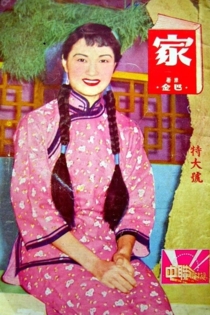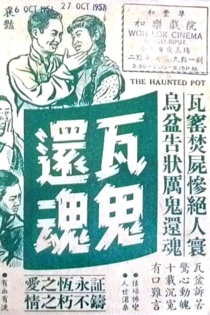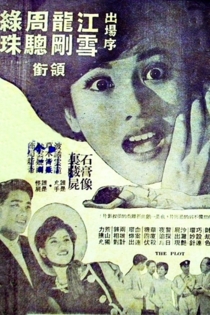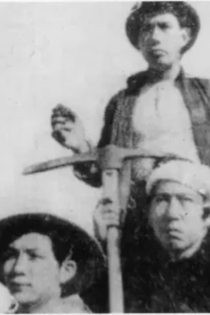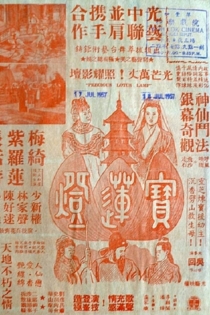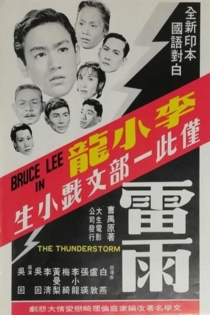
Ng Wui
1913 - 1996Qian
Ng Wui
Cheung Wood-Yau, Cheung Ying
A delicious comedy from Union Film, Money, traces the journey of a bag of cash from a bank robbery. The humour switches between the witty and the absurd, offering a biting examination of human nature when men and women are confronted with the chance of unearned wealth.
Money
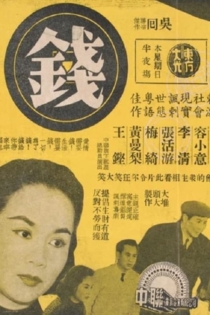
Fu yu zi
Ng Wui
Kwai-Lam Cheung, Heung Hoi
After seeing a friend of his boss' son adopted over his promised promotion with connections, Shrimp's father, a minor white-collar worker Ng Kwun-sing, vows to get Shrimp a place in a prestigious school and a chance to make friends with the rich. However, Shrimpy is constantly bullied and discriminated against by his classmates. Ng has not the means to be a social climber and finally realises his mistake. He sends his son to a voluntary school so that he may grow up happily. This poignant father-son drama shows a parents' willingness to carve out a good future for their children by any means necessary.
Father and Son

神偷姊妹花
Ng Wui
Wu Fung, Nei Suet
As the Cantonese 'Jane' Bond films evolved, the genre became less Bond-like, cutting down on the staging of fights and the flaunting of secret weapons. The heroine(s) remained an action figure, complete with quick wits and agile prowess, but the stories increasingly took on the jewel theft plot and the twilight world of decadent deviance. The Mysterious Sisters is no exception as director Ng Wui renders high class thefts in the style of the classic French film Rififi, and long stretches of action that unfold without dialogue.
The Mysterious Sisters

九品芝麻官之白面包青天
Wong Jing
Stephen Chow, Ng Man Tat
Pao Lung-Sing, a descendant of the famous Judge Pao Ching Tient, is a 9th degree corrupt judge who changes his tune when he tries to champion a woman Chi Siu-Lin, who was framed for killing her husband. As a result, Pao is forced to flee and through a series of events becomes a 1st degree judge and comes back to wreak havoc and justice on the guilty.
Hail the Judge
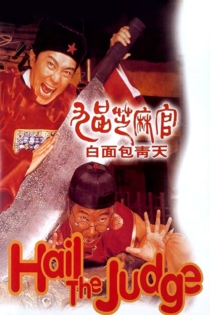
Jia
Ng Wui
Cheung Ying, Cheung Wood-Yau
"Family" (1953), which launched the Union Film legacy, "Spring" (1953) and "Autumn" (1954) are adaptations of Ba Jin's highly regarded novel "Torrent Trilogy". In "Family", director Ng Wui skilfully condenses the voluminous first part of the novel into an emotionally powerful and intellectually focused story of youngsters struggling to survive oppression and repression in a feudalistic family. This well-received film quickly established the company's reputation.
Family
